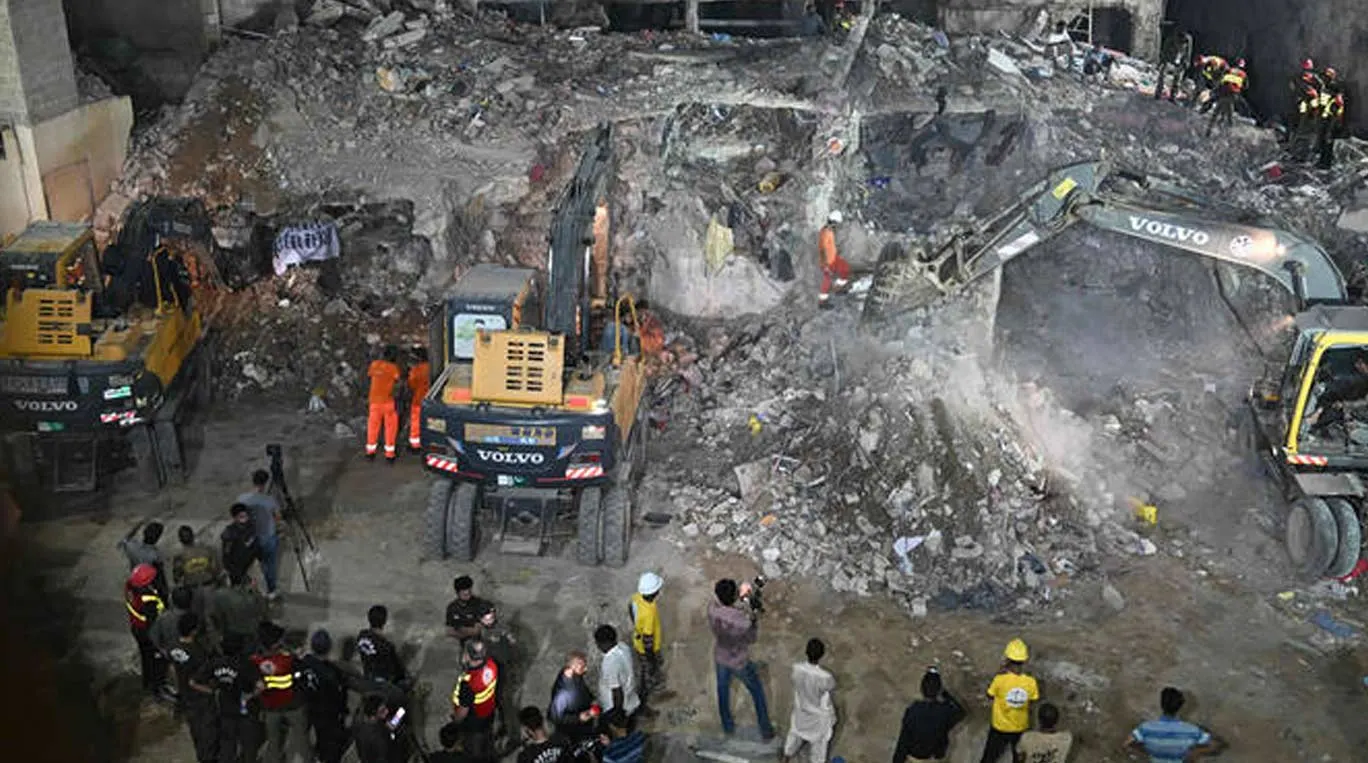The weather in Karachi came to halt today after the Meteorological department warned about further rainfall over the next 24 hours. Death in Karachi was reported after heavy monsoon rains submerged low-lying areas as well as major roads. Schools, offices, courts and businesses were closed, and severely disrupted at the Jinnah International Airport. Communities were seen to wade through flooded roads with partial power returning to the area
Authorities, including Chief Minister Murad Ali Shah and Mayor Murtaza Wahab, were holding emergency meetings to ensure the clearing of roads, and also guide rescue teams to help and assist citizens who were trapped. A low-pressure atmosphere over Gujarat, India, can possibly strengthen, and add more rains to the city. The temperature is exactly 31°C, humidity 75 percent and the wind is blowing at a northeast wind of 11 km/h.
Numerous collapse walls due to the rains result in the death of 11 people in various neighbourhoods. The areas that were the worst off were Gulistan-i-Jauhar and Orangi Town. The main roads, such as Shahrah-i-Faisal and Korangi, were flooded, which resulted in terrible traffic jam. Hundreds of feeders were affected in the city leading to a power outage in most neighbourhoods including Baldia, Gulshan-i-Iqbal and North Karachi.
Read more: Karachi Mayor Declares Emergency Ahead of Anticipated Heavy Rains
The Karachi Metropolitan Corporation also declared a rain emergency and rescues were mobilised as well as staff leave being cancelled. Officials are asking the citizens to cease unnecessary travels. As disasters go, the monsoon was a tragic one, but has not left a city in desperate condition. Beyond the aftermath of the rain, the city is on high alert due to the warnings of further showers. Death in Karachi indicates that there is the need to handle flooding in a much better manner.









